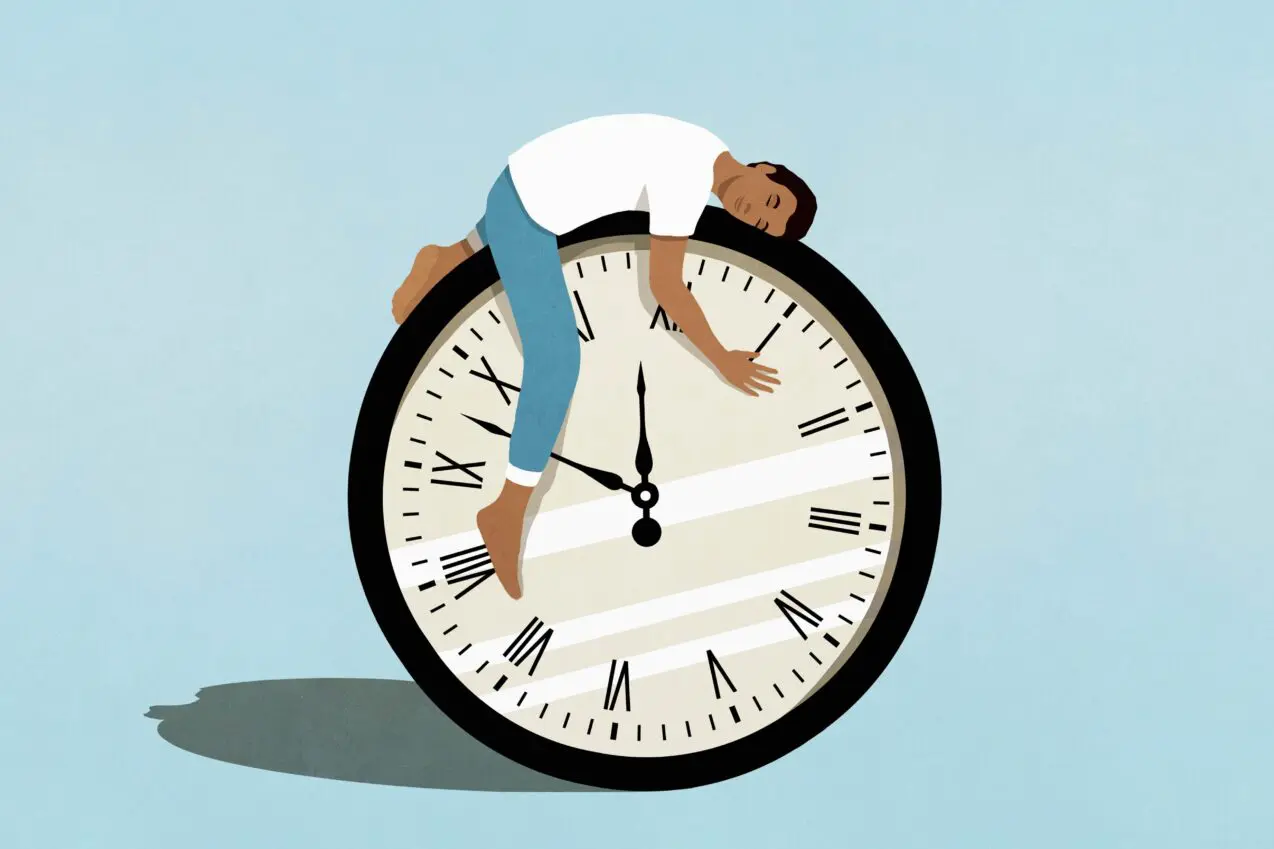A novel pre-sleep routine known as the "10-3-2-1-0" formula is gaining attention among experts as a potential solution for individuals struggling with sleep issues. Research indicates that more than one-third of adults do not obtain adequate rest each night.
The structured approach provides specific time-based guidelines designed to promote better sleep quality by regulating daily habits that can interfere with natural sleep cycles. Experts emphasize that insufficient sleep correlates with increased risks of various health conditions, including diabetes, heart disease, cognitive decline, compromised immunity, depression, anxiety, and other chronic health problems.
The formula begins by eliminating caffeine consumption 10 hours before bedtime and addressing the substance's interference with adenosine, a neurotransmitter that naturally promotes drowsiness. Medical research indicates that caffeine's half-life ranges from 1.5 to 9.5 hours, with 99% absorption occurring within 45 minutes of consumption.
The protocol recommends ceasing alcohol and food intake three hours before sleep. While alcohol may initially induce drowsiness, studies suggest it diminishes sleep quality. Dietary restrictions during this window aim to prevent discomfort from foods high in fat, acid, or spice that could lead to reflux or stomach disturbance.
According to the formula, work-related activities should conclude two hours before bedtime. This boundary serves to create a mental separation between professional obligations and rest. The guidelines suggest meditation and breathing exercises as alternative activities during this period to facilitate relaxation.
Electronic devices should be powered down one hour before sleep, based on research demonstrating that blue light from screens can disrupt circadian rhythms by inhibiting melatonin production. Studies indicate this effect is particularly pronounced when screen time involves stressful news or anxiety-provoking social media engagement, a practice known as "doom scrolling."
The final component advocates against using the snooze button in the morning. Research published in the journal Sleep determined that individuals who used the snooze function experienced reduced sleep quality, increased sleep disturbances, and higher caffeine consumption compared to those who awoke naturally.
Sleep specialists recommend additional measures to complement the 10-3-2-1-0 routine, including installing blackout curtains, using air purifiers in sleeping spaces, and considering magnesium glycinate supplementation. Evening exercise is also suggested as a potential aid for improving both sleep duration and quality.
The formula addresses growing concerns about sleep deficiency in adults. Experts identify sleep as the basic foundation of health and wellness, recommending seven to nine hours of rest per night for optimal health maintenance.
The systematic approach offers clear guidelines that can be integrated into existing routines for individuals seeking to enhance their sleep quality. The protocol emphasizes the importance of consistent sleep habits while acknowledging the various factors that can impact rest quality, from dietary choices to environmental conditions.
Medical experts note that caffeine can be found in numerous consumer products beyond coffee, including sodas, energy drinks, chocolate, tea, and certain medications. They advise careful attention to product labels to avoid unintentional caffeine consumption that could interfere with sleep patterns.
Nutritionists suggest that when scheduling evening meals within the prescribed guidelines, individuals should opt for foods rich in lean protein, fiber, and complex carbohydrates. These may support better sleep quality than processed foods or those high in sugar content.

 Christmas shooting at Phoenix airport leaves 3 people wounded
Christmas shooting at Phoenix airport leaves 3 people wounded
 US weekly jobless claims fall slightly
US weekly jobless claims fall slightly
 FTX executives shave serious time off their sentences
FTX executives shave serious time off their sentences
 Guatemala open to accepting Trump's Central American deportees, sources say
Guatemala open to accepting Trump's Central American deportees, sources say
 Azerbaijan Airlines flight was downed by Russian air defence system, four sources in Azerbaijan say
Azerbaijan Airlines flight was downed by Russian air defence system, four sources in Azerbaijan say
 NATO calls for full investigation of Azerbaijan Airlines crash
NATO calls for full investigation of Azerbaijan Airlines crash
 Simona Halep withdraws from Australian Open qualifying because of knee and shoulder pain
Simona Halep withdraws from Australian Open qualifying because of knee and shoulder pain
 Why this Mexican American woman played a vital role in the US sacramental peyote trade
Why this Mexican American woman played a vital role in the US sacramental peyote trade
 Discover the 10-3-2-1-0 routine for sleep, a novel pre-sleep formula designed to enhance sleep quality. Learn expert-backed tips for better rest.
Discover the 10-3-2-1-0 routine for sleep, a novel pre-sleep formula designed to enhance sleep quality. Learn expert-backed tips for better rest.







